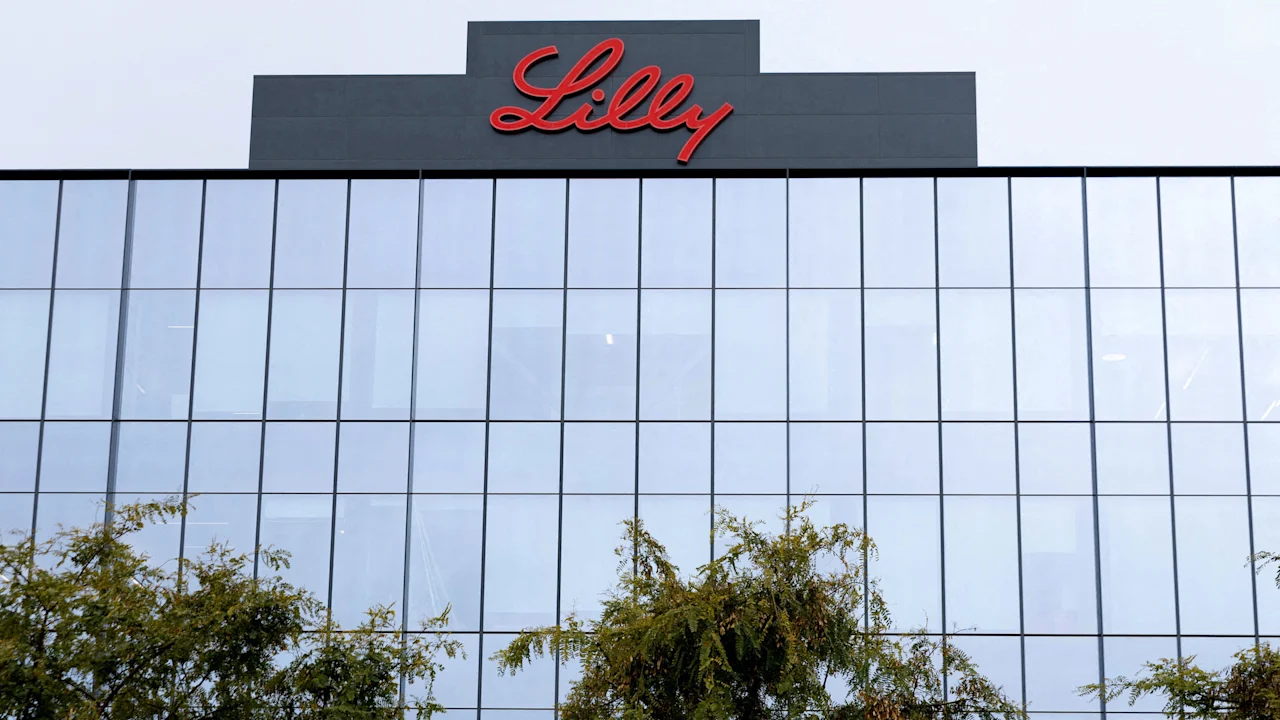Eli Lilly signs $1.3 billion deal with Superluminal to use AI to make obesity medicines

Eli Lilly has signed a deal worth $1.3 billion with privately held Superluminal Medicines to discover and develop small-molecule drugs through AI to treat obesity and other cardiometabolic diseases.
Lilly currently dominates the obesity treatment market, which is estimated to be worth $150 billion by the next decade, and is trying to strengthen its foothold in the space through the development of next-generation drugs, acquisitions and partnerships.
The deal gives Lilly access to Superluminal’s proprietary artificial-intelligence-driven platform to rapidly discover potential drug candidates targeting G-protein-coupled receptors (GPCR)—a class of proteins that can influence a range of physiological processes including metabolism, cell growth and immune responses—the drug developer said on Thursday.
In a similar move, Danish rival Novo Nordisk struck a $2.2 billion deal with U.S. biotech Septerna in May to develop oral small-molecule medicines targeting GPCRs for obesity and other cardiometabolic diseases.
Lilly has been capitalizing on the overwhelming popularity of the GLP-1 class of medicines, which includes its blockbuster drug Zepbound as well as Novo’s Wegovy. It is also developing a keenly watched oral GLP-1 drug, orforglipron, which has failed to meet investors’ lofty expectations.
The drugmaker teamed up with Hong Kong-listed biotech Laekna last year to develop an experimental obesity drug that aims to help patients lose weight while preserving muscle.
Lilly will receive exclusive rights to develop and commercialize drug candidates discovered using Superluminal’s platform, the drug developer said.
As part of the deal, Superluminal is eligible to receive upfront and milestone payments, an equity investment as well as tiered royalties on net sales, the company said.
Boston-based startup Superluminal is developing a wholly owned lead candidate targeting a protein called melanocortin 4 receptor to treat certain rare, genetic forms of obesity and is expected to begin human trials next year. The lead candidate is not part of the deal with Lilly.
Superluminal is backed by investors including RA Capital Management, Insight Partners and NVentures, NVIDIA’s venture capital arm.
—Mariam Sunny, Reuters
What's Your Reaction?
 Like
0
Like
0
 Dislike
0
Dislike
0
 Love
0
Love
0
 Funny
0
Funny
0
 Angry
0
Angry
0
 Sad
0
Sad
0
 Wow
0
Wow
0




























































































